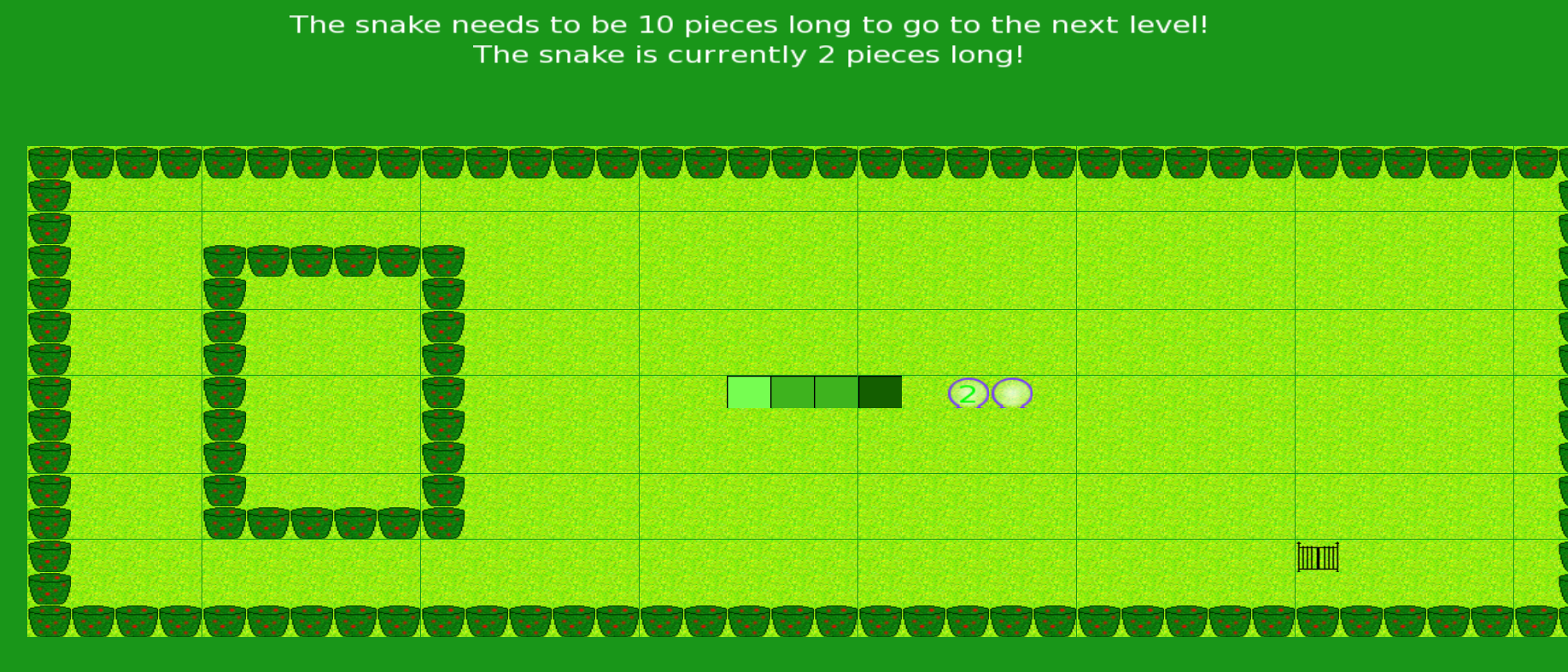My group and I decided to take a look at the Monogame project and see how good it is at maintaining its open source presence. Let's find out.
A little about the Project
I think it is more pertinent to let Monogame speak for
itself.
Here is also a link to their repository for the main branch on Github.
Who manages the repository
There has been about 8 main contributors over the course of the project, with 4 main contributors still maintaining the project on Github. These people are as follows: Steve Williams, Tom Spillman, Andrea Magnorsky, and Jacob Anderson. Tom Spillman seems to be the main lead responsible for managing the commits to Monogame and is probably the leader for the project overall. The repository itself has around 138 contributors with over 6,000 commits between them.
GIT by a bus/ Calloway Coefficient of Fail
So we tried to use the Git by a bus program, but that failed spectacularly as we couldn't find a computer to handle the process outside hijacking one of the computers they use to calculate collisions with black holes. Seeing as we would like to remain students, we just went with what we could get.
The Callaway Coefficient of Fail was....interesting as there were rather huge swaths of points taken off for some fairly minor things. I don't know that I agree with the final assessment. Regardless, the results are as follows:
[Callaway Coefficient of Fail]:
--------------------------------
Size: +0
Source Control : +0
Building from Source: +50
Bundling: +0
Libraries: +20
System Install: +20
Code Oddities: +20
Communication: +15
Releases: +0
History: +10
Licensing: +10
------------------------------
145 - So much fail, your code should have its own reality TV show
Just past the benchmark for that result
Front and Back End
As Monogame is more a library, it doesn't really have a specific person dedicated to the front end part of the project. That said, between all of the contributors, there is probably only one or two people as most people work in their own separate forks for the project. Which sort of leads into the next point...
More relevant issues
A large majority of contributions are in their own separate forks on Github with several admittedly lined up to be merged, but that doesn't change the fact that the project is rather spread thin between all the forks. It makes it hard to know what is actually been implemented and what actually needs working on.
Trending?
It is trending rather highly as there are several game projects coming out that are being made or ported with Monogame which is drawing more and more people to the fold.
The Raptor Test
This is getting to be a case of too big to fail in some regards. There are enough developers and members of the community that I do believe that something like a meteor striking every core team member dead, there would still be a fair amount of people that could still contribute to the project. That said, there are a large amount of commits and contributions attributed to a small number of people.
Start-up?
Monogame has...not all that much for the purposes of getting people really involved right off the bat. The barrier to entry could be a little better, but that is neither here or there
Monogame's Communication/Documentation
For the most part, the greater portion of Monogames discussion either happens on their forums or on the issue tracker on their Github repository. This is a fairly active community and the developers seem to comment often, so it does well enough in that regard. There is also a decent amount documentation, though it is holdover from XNA itself rather than specifically made for Monogame.
Would you like to contribute?
I...would rather not. I don't mind developing with Monogame, but that is completely different from developing for it. It just doesn't really appeal to me.
Final Conclusions
Monogame is a fine project and I would like to see where it goes. It has a lot going for it and will be a cool framework to work with in the future, but I don't find the community itself very appealing. The large sense of independence is both a benefit and hindrance depending on your skill level.
Here is a link to the powerpoint that we presented with

